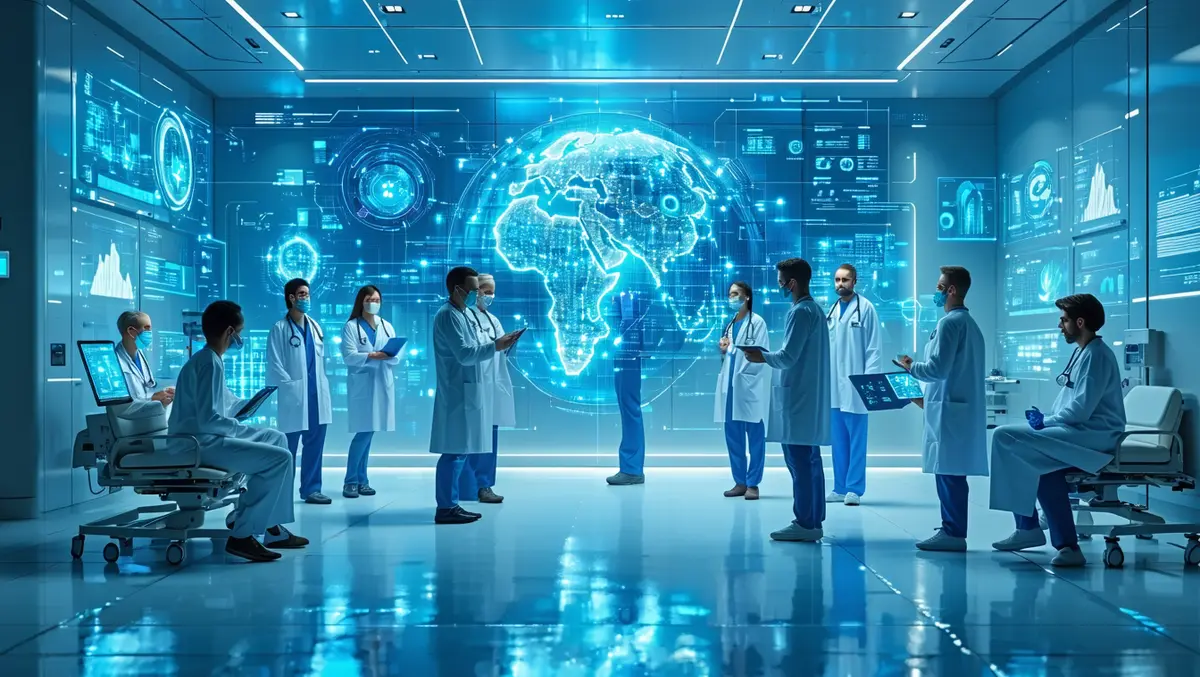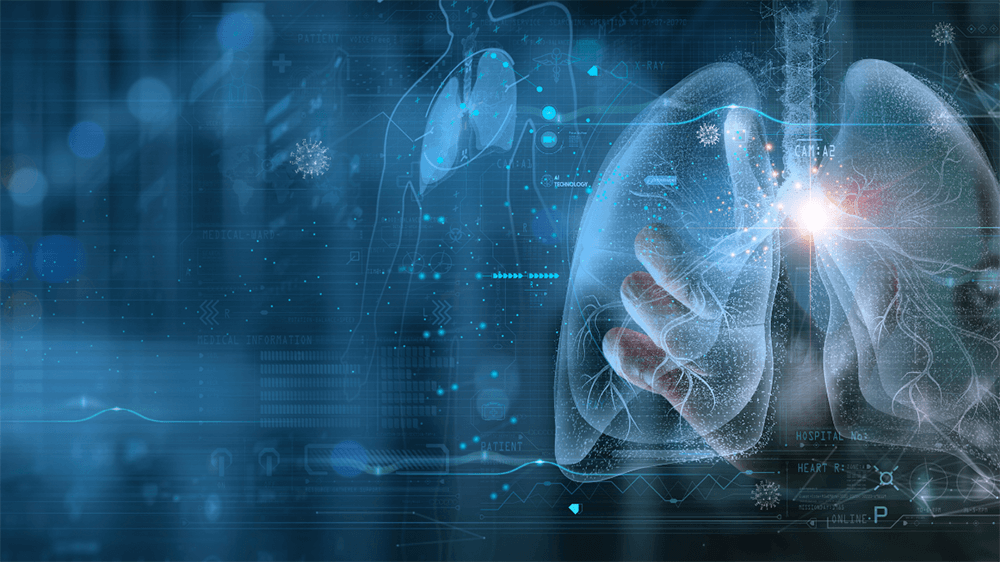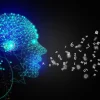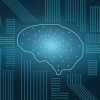Artificial intelligence is fundamentally reshaping healthcare, ushering in an era of unprecedented precision, efficiency, and personalized care. As healthcare systems worldwide grapple with aging populations, rising costs, and staff shortages, AI emerges as a transformative solution that addresses these critical challenges while enhancing patient outcomes.
The integration of AI into healthcare represents more than just technological advancement—it’s a paradigm shift that’s redefining how medical professionals diagnose diseases, develop treatments, and deliver care. From analyzing complex medical images with superhuman accuracy to predicting disease progression before symptoms appear, AI is empowering healthcare providers to make more informed decisions and deliver better patient outcomes.
This technological revolution spans multiple healthcare domains, from emergency rooms to research laboratories. AI algorithms can process vast amounts of clinical data in seconds, identifying patterns and insights that would take human experts hours or days to uncover. The technology’s ability to analyze medical images, predict patient risks, and personalize treatment plans is already saving lives and reducing healthcare costs globally.
Major technology companies like IBM, Google, Microsoft, and Amazon are investing heavily in healthcare AI, developing sophisticated systems that complement human expertise rather than replace it. These innovations are creating a future where healthcare is more accessible, accurate, and efficient than ever before. As we explore the various applications of AI in healthcare, it becomes clear that we’re witnessing the beginning of a medical revolution that will benefit patients, providers, and healthcare systems for generations to come.
Enhanced Diagnostic Accuracy and Medical Imaging
AI’s most prominent application in healthcare lies in medical imaging and diagnostics, where machine learning algorithms demonstrate remarkable precision in analyzing radiological images. These systems can examine X-rays, MRIs, and CT scans with extraordinary accuracy, often detecting abnormalities that might escape human observation.
Early Disease Detection has become significantly more effective through AI-powered imaging tools. These systems excel at identifying cancers in their earliest stages, including breast cancer from mammograms and lung cancer from CT scans. AI algorithms can analyze thousands of medical images, learning from patterns to flag suspicious areas with higher precision than traditional methods.
Specialized Applications extend beyond cancer detection. In ophthalmology, AI systems can accurately diagnose diabetic retinopathy by analyzing retinal images, often more effectively than conventional approaches. Google’s DeepMind Health project has demonstrated the ability to diagnose eye diseases from retinal scans with accuracy comparable to human experts.
Predictive Analytics and Risk Assessment
AI’s predictive capabilities are transforming how healthcare providers anticipate and prevent medical complications. By analyzing patient history, genetic data, and health markers, AI systems can identify patients at high risk of developing specific conditions.

Disease Prediction Models enable healthcare providers to forecast disease progression and reduce hospital readmissions. These systems analyze patterns in medical history and current health data to predict potential health risks, allowing for proactive, preventative care. Google collaborates with health delivery networks to develop prediction models that alert clinicians of high-risk illnesses like sepsis and heart failure.
Population Health Management benefits from AI’s ability to forecast populations at risk of specific diseases or accidents, enabling more efficient resource allocation and intervention strategies.
Personalized Treatment and Precision Medicine
AI is revolutionizing treatment personalization by analyzing individual patient characteristics to recommend optimal therapies. Through AI-powered algorithms, healthcare providers can predict which treatments work best for specific patients based on their genetic makeup, lifestyle, and health records.
Treatment Planning Assistance involves AI systems creating customized treatment plans by analyzing patient records, medical history, and genetic information. These systems provide evidence-based recommendations that help doctors choose optimal therapies and medication doses. Clinical Decision Support Systems help healthcare providers make accurate, evidence-based decisions by analyzing current medical literature and drug databases.
Drug Discovery Acceleration represents another significant advancement, where AI accelerates the drug development process by predicting how different drugs will react in the body, significantly reducing the time and cost of clinical trials.
Operational Efficiency and Cost Reduction
AI is streamlining healthcare operations while reducing costs across multiple areas. The technology automates administrative tasks, optimizes workflows, and improves resource allocation.
Administrative Automation includes processes such as patient intake, document management, scheduling, and billing, which can be automated and made significantly faster. The time saved can then be redirected to direct patient care. AI technologies alleviate the burden on healthcare workers by assisting with administrative tasks, data analysis, and image interpretation.
Cost Savings Through Early Diagnosis occur when AI enables prompt diagnosis and action before issues escalate, helping reduce healthcare costs associated with late-stage diagnoses. AI’s superior accuracy in analyzing medical images leads to early disease detection, minimizing the financial burden of advanced-stage treatments.
Remote Patient Monitoring and Wearable Technology
AI-enhanced remote monitoring is expanding healthcare beyond traditional clinical settings. Wearable devices equipped with AI algorithms provide continuous health monitoring and early warning systems.
Continuous Health Tracking through AI-powered wearables enables clinicians to monitor patients’ well-being continuously and respond promptly to concerning changes. These devices can collect standard health data, which AI algorithms analyze to provide personalized health recommendations and warnings for potential diseases.
Patient Empowerment occurs through smartphone apps that use machine learning algorithms to help patients with chronic diseases better manage their conditions, leading to healthier populations and reduced healthcare expenses.




